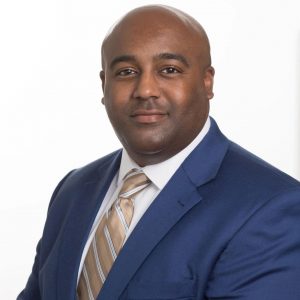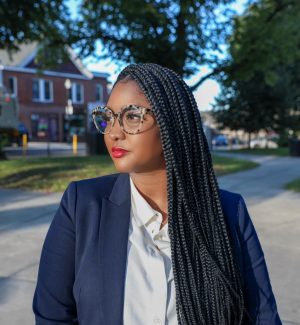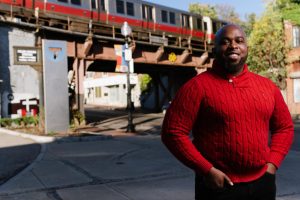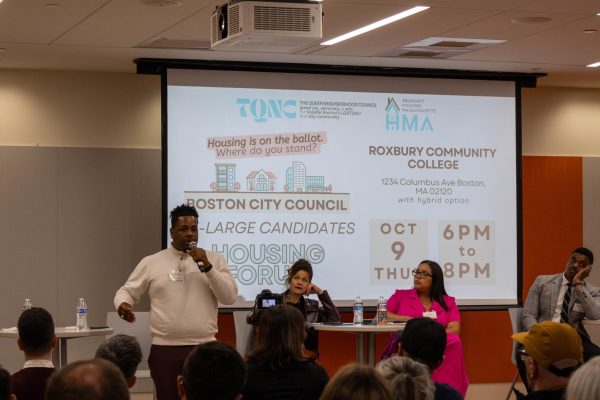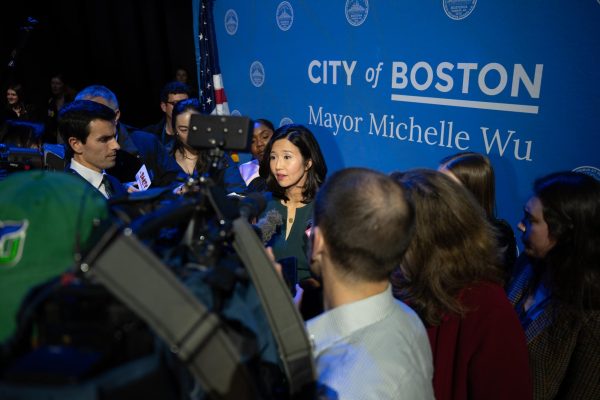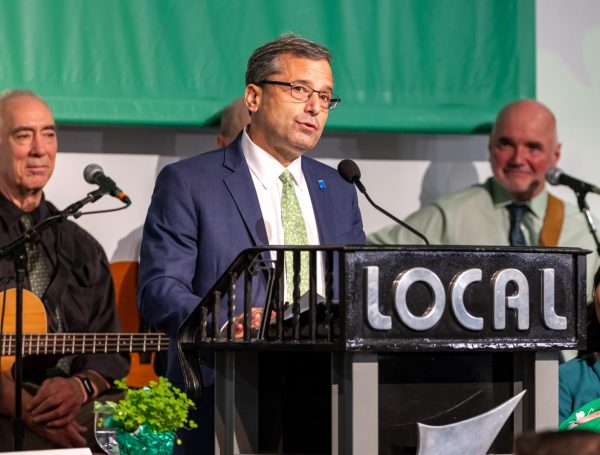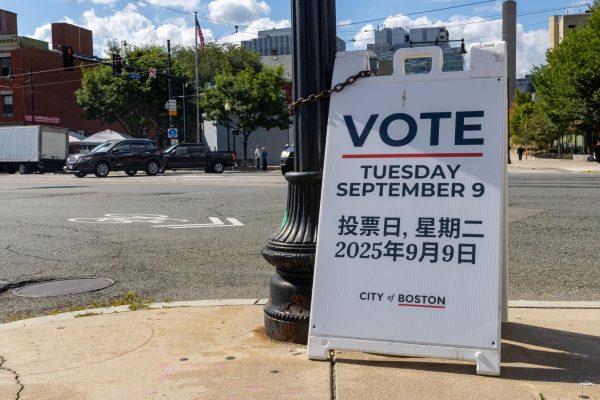City council race: Nick Vance running for at-large seat
Nick Vance is a Boston native with a background in youth community leadership and workforce development who is running for Boston City Council at-large seat.
Bates is running against at least 15 other candidates including incumbents Michael Flaherty and Julia Mejia, David Halbert, Kelly Bates, Ruthzee Louijeune, Alexander Gray, Erin Murphy, Carla Monteiro, Jon Spillane, Domingos DaRosa, Said Abdikarim, Munim Khan, James Colimon and Bridget Nee-Walsh. Councilors at-large Michelle Wu and Annissa Essaibi-George are running for Boston mayor.
Vance is serving as Governor Baker Appointee on the Juvenile Justice Advisory Committee and a member of the Dorchester YMCA Board of Advisors. He previously served as a member of the 2016 Mayor’s Millennial Council (SPARK), representing Dorchester and as a Metropolitan Council for Educational Opportunity (METCO) Executive Board member.
The Scope spoke with Vance about the top issues identified by his campaign team and his plans to address them if elected as City Councilor.
What are the most important policy issues on your platform?
The biggest policy issue right now is less about policy but more about, “How do we get our city back to normal?” My number one focus right now is helping the city of Boston get through this pandemic while ensuring that people who are already disenfranchised have access to resources. I think that that is going to be the real key coming out of this time that we’re in—ensuring that there’s actual financial resources who have been under moratoriums, making sure that our school districts can get back to normal. I’m a strong proponent of vaccinating our teachers because I believe that they are frontline workers.
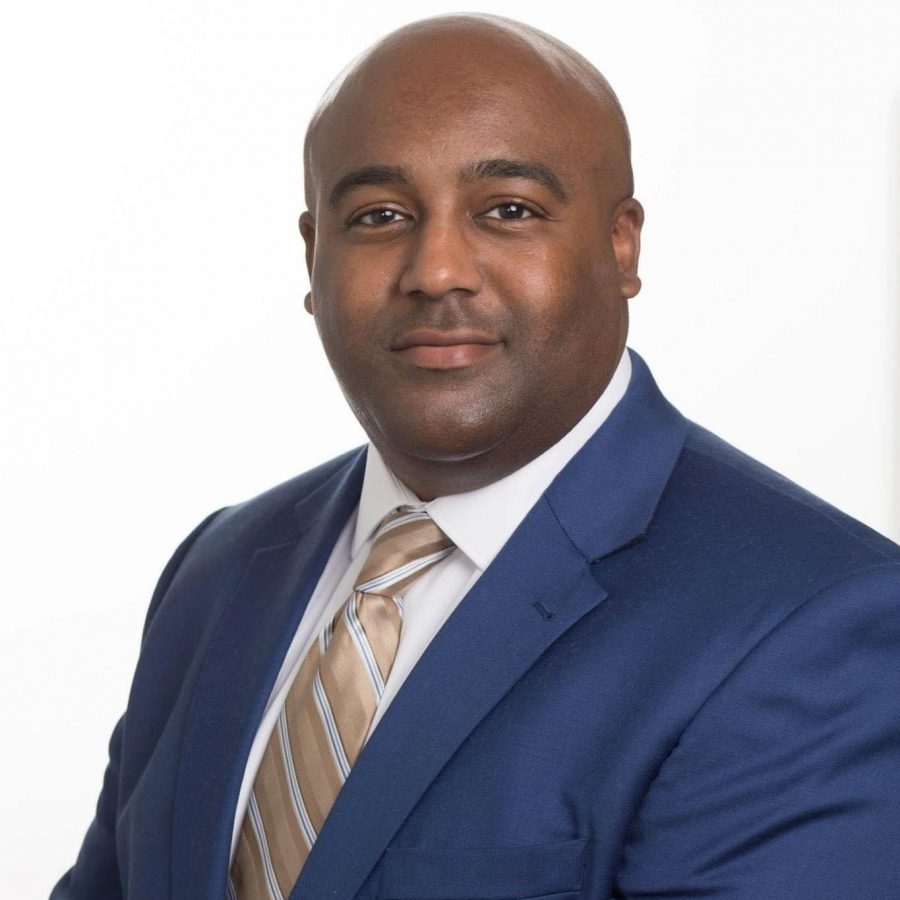
My team and I have been working directly with Central Boston Elder Services, and we’ve gotten over 1,000 people of color vaccinated, and we’re going to continue to do that until this pandemic is over, no matter what my platform is, which is focusing on helping with workforce development, housing inequalities, and ensuring that Boston recovers. The main focus for everyone, right now, should be making sure that Boston not only survives this pandemic, but we’re able to move forward as a city in a positive way.
I think, just from being directly on the ground for this pandemic, a lot of these inequities have been existing for a long time. Boston is unfortunately slowly becoming a city of the haves versus the have-nots. If we don’t continue to make sure that we at least give people a level playing field—to make sure that small businesses can thrive, to make sure that resources aren’t just going to [the] downtown district, but also going to our communities of East Boston, West Roxbury, Roxbury, Dorchester, [and] Mattapan—just ensuring that that wealth is shared. I think that all falls under the umbrella of this pandemic.
How do you plan to achieve these goals of getting back to normal?
Step one is practicing what we preach. I have been preaching that this pandemic is my number one priority, and that’s why I got directly involved with the Department of Public Health, Central Boston elder services, and some local politicians to really identify, “How do we ensure that we can get shots in arms for those who want [them]?”
As you may know, the rollout wasn’t the greatest, and, unfortunately, the people who are suffering the most from this inequality [are] the people of color and low-income residents.
We’re trying to make sure that all of the communities of Boston, including areas that aren’t predominantly people of color, making sure that all of Allston-Brighton isn’t left behind, making sure that our communities and West Roxbury and North End [and] South End aren’t left in the dark when it comes to this pandemic. I’ve been practicing what I preach [and] making sure that I have helped create more vaccine locations in the City of Boston. I’ve been a strong fighter and proponent for continuing testing. That’s really how I plan on attacking it, workforce development is my background.
I have a background working in Encore Boston Harbor. I’ve worked for other recruitment firms where we’ve worked directly on making sure that we don’t just have workforce development trainings at places like the Urban League and others, but making sure that they’re linked to actual jobs that give livable wages. Making sure that our communities will have liveable wages will have a profound trickle effect, meaning people will be able to afford more homes, people will have more buying power. The economy will be able to bounce back from a lot of the losses we’re currently seeing. That’s really the key and the most important thing as a youth worker at heart.
If we don’t continue to push for teachers to get vaccinated, push for our school systems to get renovations,our Boston public school system is one the oldest in the country, and our buildings show [it], that is one of the biggest struggles and hurdles we have had on trying to get our kids back in the classroom. If we don’t get kids back [and] engaged in their educational work, we’re going to see deficiencies over the years.
I’m committed to working with the Boston Teachers Union [and] working with local residents to ensure that we can meet these goals and objectives and remind people that as city councilors, you can create committees and panels and push these issues. We need to be careful about the fact that we don’t create policy. We’re not policy creators. We are people who are working in and around the system, and we are advocates for the things that we wish and we hope to see in the city.
How does your background prepare you for this job and what made you decide to run?
My background has been in community work. I’ve grown up in a household where…my father worked for ABCD [Action for Boston Community Development] since I was born. My mother has done work for BPS and others, and I grew up in this work. I have worked as a political action chair for NAACP under Michael Curry. I have served on the Mayor’s Millennial Council, representing Dorchester, and I’m currently the Governor Baker Appointee for the Juvenile Justice Advocacy Committee. I have been in and around Boston because Boston’s my home.
My main background is youth and education—I worked for METCO, which we all know, is an educational program to help assist that educational gap. I’ve worked for City Year Inc., which is also working with Boston Public Schools to ensure that we cut the pipeline to prison program. I feel all of my cumulative experience has really built me for this moment.
I chose to run because I really am still seeing a lot of these inequalities going on in our city, and it’s not enough for me to sit on the sideline or for me to be involved from the peripheral anymore. I feel like it is time for me to be involved and get engaged, and that’s why I announced [my run] back in October.
What is and what is not working for the City of Boston, and how can that be changed?
I always like to start with the positive. What is working is Boston is an extremely empathetic city. I feel like we live in a place where, especially during this pandemic, we’ve seen communities come together. We’ve seen that truth of Boston Strong. We have seen Bostonians pick each other up during difficult times. A lot of us have lost loved ones during this pandemic, and we seem to rally around one another instead of [pulling] away. That’s one of the greatest things I love about this city. It’s just a vibrant place to live.
The thing that [isn’t] working is that our vibrant city is too expensive. We have so much brain power coming from our colleges and universities and from young people who are coming into their own, and they can’t afford to live here. That is why you see more people between that 25- to 44- [year-old] range moving outside of the city. This big luxury housing boom is not necessarily helping our communities because our communities can’t afford those houses.
We have to be careful that we don’t become another San Francisco, where the city is built and set up in a way where there are people who have resources [and] money, and they are living well, but then everyone else is pushed outside of the city.I’m currently a doctoral student at Northeastern [University] in the Law and Policy Department. One of those things that I’ve researched is we’re a reverse flight right now, meaning that [the] generation of young people whose parents moved to the suburbs are now of age and they want to live in the city.
More and more people [are] moving into the city and pushing out people who have been here for four decades, and that’s because people haven’t been able to get a fair shot at livable wages. In turn, they don’t own [property], and when you don’t own, [you are] very easily pushed out.
Roxbury is a perfect example. It has one of the lowest home ownerships in the community of Boston. Where do you think most of the gentrification is happening right now? In Roxbury. If you look at communities like Hyde Park and Mattapan, there’s a lot of homeownership. You see a lot less turnover in housing because people own. I just want to give people a fair opportunity to be able to live that American dream. Whether you’re from Boston [or] a transplant to Boston, I want to make sure that people have the right to live here and thrive.
The Boston Globe said you had to make over $80,000 a year to be successful, to live in a single income [household]. Yet, our affordable housing market says that you have to [make] under $60,000 a year to meet their AMI [Area Median Income]. Can we really assume that someone making under $60,000 a year can afford a $1,500 a month rent, not including utilities? It’s just a vicious cycle that, if we don’t directly attack and fix it, will be detrimental to our city in the long run.
How is your current campaign different from the other candidates who are running to represent the city?
I can’t speak on how other people are running their teams. Everybody has their own style [and] their own grace to it, and I’m open and happy for every single person running. My team is built on a consortium. I made it a point to make sure that my team was filled with community stakeholders and community leaders, so that way I can get the true buy-in. Throughout this campaign, I wanted to make sure that I don’t lose sight of what the real big picture is.
As opposed to being just a candidate just to be a candidate. I want to be a candidate that can also deliver on the message that I give. That’s something that, in this current political landscape, we need to be better at. There’s a lot of talk about things that people are going to do [and] want to do, and then they get into office and they can’t deliver on those things. That’s why, as I mentioned earlier, my team and I said, “Listen, our focus is on this pandemic.”
What was the first thing we did? We got to work, we rolled up our sleeves as a campaign, and we helped create the [Central Boston Elder Services] Go Vaccine Team, which works directly with Central Boston and the Department of Public Health, and others. We’ve been getting people vaccinated. We’ve been getting people appointments to this day.
That’s what a city councilor at-large needs to do. They need to be able to not only talk the talk, but able to walk the walk and back up what they’re doing, because, at the end of the day, we’re in this position for service, and if we’re not serving our communities, then there’s no point for us to be in these positions.




